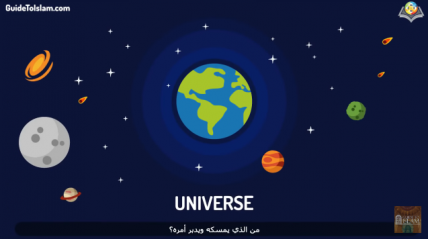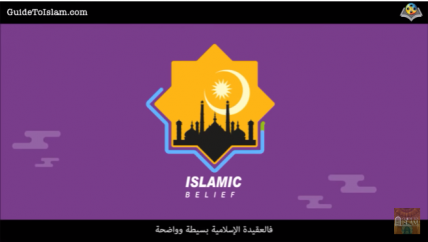Islam, a monotheistic faith with over 1.8 billion followers, follows the teachings of the Prophet Muhammad, who Muslims believe was the final prophet sent by God. The religion emphasizes peace and complete surrender to God's will, derived from the Arabic word 'salam.' Its holy book, the Quran, is considered the direct word of God, revealed through the angel Gabriel to Prophet Muhammad. The Quran serves as the primary guide for both individual and societal life for Muslims worldwide.
Islam's fundamental principle is the belief in the oneness of God, Allah, and Muhammad is His messenger. Muslims hold the conviction that God is the creator of all existence. The religion also encompasses the belief in the Day of Judgment, where each individual will answer for their actions in this life. The Sunnah, Muhammad's teachings and behaviors, offers additional guidance to followers.
Family holds a central position in Islam, viewed as the cornerstone of society. Women, seen as the family's backbone, are primarily responsible for raising children and maintaining the family home. Men, on the other hand, are encouraged to provide and protect their families.
Religious practice in Islam is centered around the five pillars: Shahada (a profession of faith that there is no god but Allah and Muhammad is His messenger), Salat (performing five daily prayers), Zakah (giving charity), Sawm (fasting during Ramadan), and Hajj (making a pilgrimage to Mecca). These pillars provide a framework for Muslims' spiritual life.
In essence, Islam is more than just a religion; it's a comprehensive way of life, emphasizing commitment to Allah, personal integrity, and righteous behavior. It offers guidance on personal relationships, family life, and societal interactions, making it a holistic practice that continues to guide its followers' lives.



